
Nachum Ish Gamzu
In His compassion for his oppressed people of Israel, Hashem engineered a much greater salvation than they hoped for. This salvation was contingent on emuna..

Nachum Ish Gamzu was a Tanna who lived during the second century. He was the teacher of Rebbe Akiva.
It is related that in later years Nahum's hands and feet became paralyzed, and he was afflicted with other bodily ailments. He bore his troubles patiently, however, and even rejoiced over them. In answer to a question of his pupils as to why, since he was such a perfectly just man, he had to endure so many ills, he declared that he had brought them on himself because once when he was on the way to his father-in-law's and was carrying many things to eat and drink, he met a poor man who asked him for food. As he was about to open the bundle the man died before his eyes. In deepest grief, and reproaching himself with having perhaps caused by his delay the man's death, he cursed himself and wished himself all the troubles to which his pupils referred. Various other stories are told of miracles that happened to him.
One tradition places the burial site of Rabbi Nachum Ish Gamzu in Safed, Israel, and his tomb may be found in Gamzu Street, named for him, inside a modern protective structure. Another tradition places his burial site on the main road as one approaches Farradiyya (Parod).
Nachum gained his name because of his use of this phrase as his response to anything that happened to him.
The Gemara (Tractate Taanit 21a) tells us a classic story of simple emuna, personified by the holy sage Nachum Ish Gamzu, whose name means “Nachum, the man who says 'this too [is for the best].'” Nachum's simple emuna invoked miracles; as a result, the leaders of ancient Israel sent him to Rome to try and appease the very irate Caesar.
Nachum was sent with a chest full of rare gemstones as a gift for Caesar, purchased with the last coins of a  downtrodden and vanquished population, so that Caesar would refrain from issuing further harsh decrees against the Jews.
downtrodden and vanquished population, so that Caesar would refrain from issuing further harsh decrees against the Jews.
Nachum slept overnight in an inn on the way to Rome. While he slept, thieves emptied out the priceless contents of the chest and filled it full of soil.
In the morning, Nachum noticed that the chest seemed somewhat awry. He opened it and found that the rare gems were all missing. Instead, there was nothing but clods of earth.
Imagine being in Nachum's place: you've been entrusted with the very last resources of your beleaguered brothers and countrymen whom the Romans are throwing to the lions. You're the last chance to appease Caesar. Now, the jewels have been stolen. What do you do? Was it your carelessness in picking such an inn or failing to guard the jewels properly? Do you persecute yourself? Do you run away to India or contemplate suicide, Heaven forbid? Are you numbed with depression and incapacitated?
Not Nachum Ish Gamzu; he conducted himself with perfect emuna, believing that this too was for the very best. This was exactly what Hashem wanted. He took the chest full of soil and continued on his way to Rome.
Arriving at the royal palace, Nachum Ish Gamzu told the guards that he, the emissary of the Israelites, had brought a treasure chest for Caesar. He was ushered directly inside.
With Caesar overlooking, the royal attendants opened the chest. Seeing that it contained nothing but dirt, Caesar's eyes opened wide in fury and his jaw trembled in anger. Utterly insulted, he raged, “Those insolent Jews! I shall kill them all!”
Nachum neither flinched nor budged. This too was definitely for the best, whether or not he understood how…
Suddenly, Elijah the Prophet appeared, masquerading as a Roman minister. “Your excellency, maybe this soil is the magic soil that was used by their ancestor Abraham in subduing his enemies. Perhaps we ought to try it out on our hostile border to the north. This soil, when thrown in the direction of the enemy, is known to become a rain of lethal arrows in their midst.” Caesar nodded and agreed to try the “magic soil” against the difficult and stubborn enemy that Rome hadn't been able to subdue.
Sure enough, to Caesar's delight, the “magic soil” quickly overcame the enemy. Caesar filled Nachum's empty treasure chest with pearls and rare gems, and sent him amicably home.
On the way back to the port, Nachum frequented the same inn. The surprised thieves, amazed the he returned not only alive but with great honor, asked: “How did Caesar react when you gave him the treasure chest? Didn't he see what was in it?”
“Oh yes,” answered Nachum, “he loved the dirt…”
The thieves prepared an entire shipment of soil and carried it to Rome. They told Caesar, “The dirt that the Jew brought really came from us.” Caesar threw a clod skyward, but it didn't become a dozen lethal arrows like Nachum's did. On the spot, he ordered that the thieves be executed. A thief's end is always with a noose around his neck…
The story of Nachum Ish Gamzu – one of many such stories – testifies just how simple emuna is so beneficial. Caesar certainly had all the rare gemstones he desired; a few more wouldn't have had much influence on him. Hashem, in His compassion for his oppressed people of Israel, engineered a much greater salvation than even they had hoped for. But, this salvation was contingent on Nachum Ish Gamzu's passing a most difficult test of emuna, which he did.
If one delves into the Arizal's writings, as well as Rebbe Nachman's, he will find that simple emuna is not simple at all. The sophisticates with all their ideologies have nothing to fall back on in times of stress. Since simple emuna is malchut – monarchy, the light of the Divine Presence – it surpasses human intelligence. In fact, the epitome of knowledge is that we know nothing. We do know that everything Hashem does is for the very best – we learn that from Nachum Ish Gamzu.


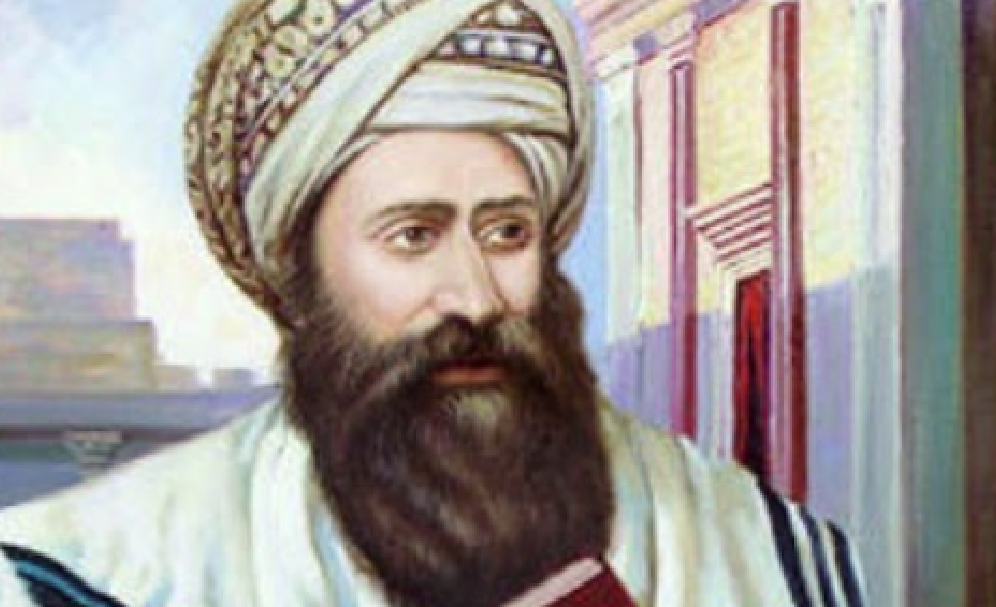
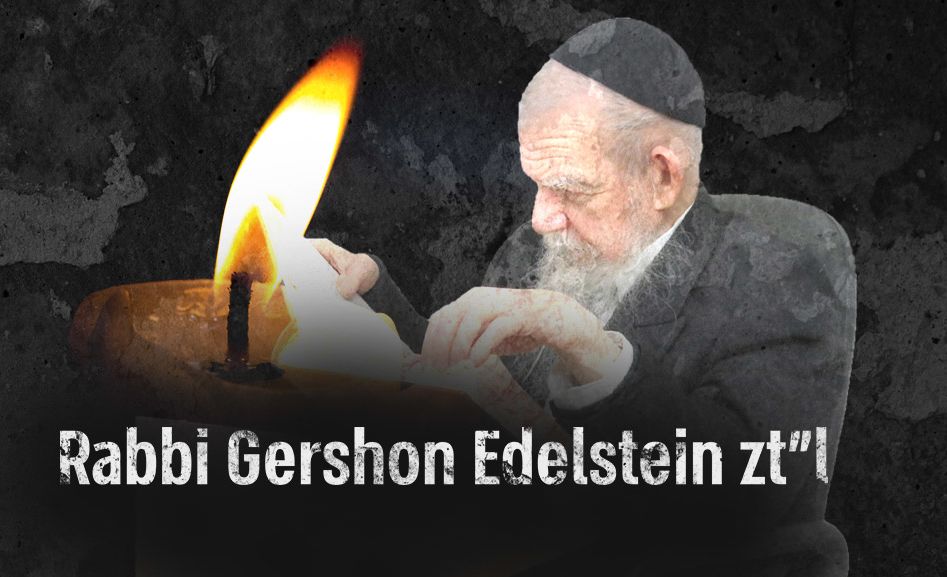

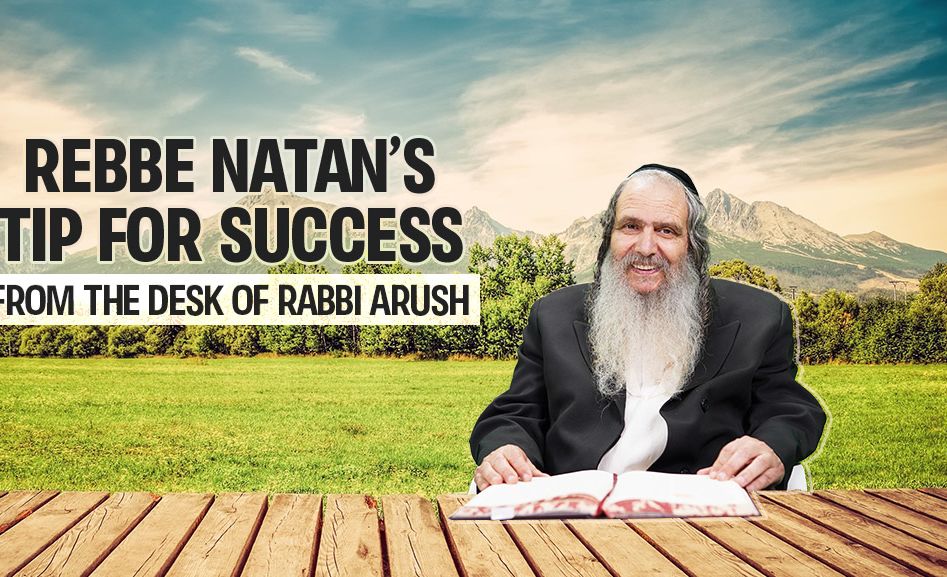
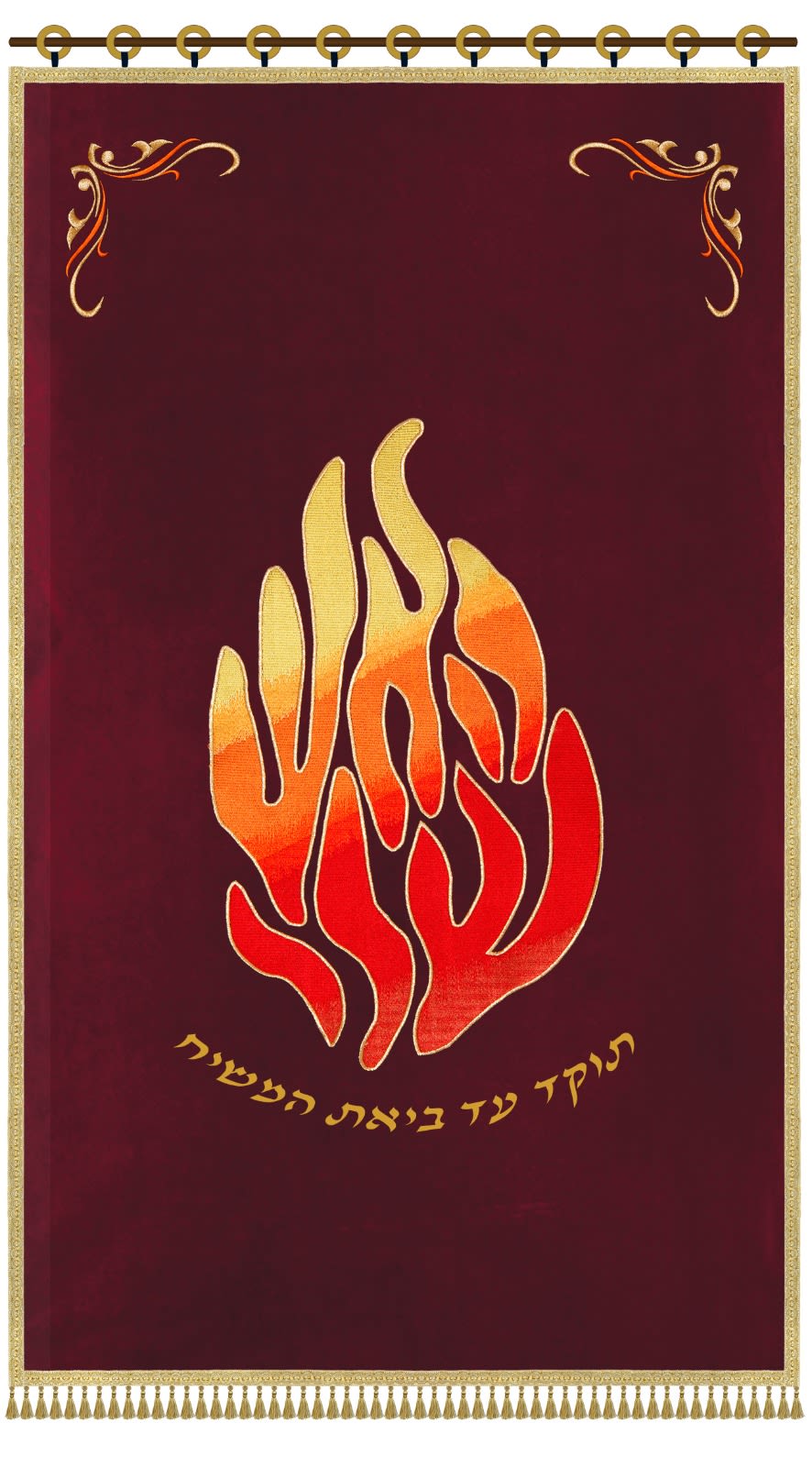
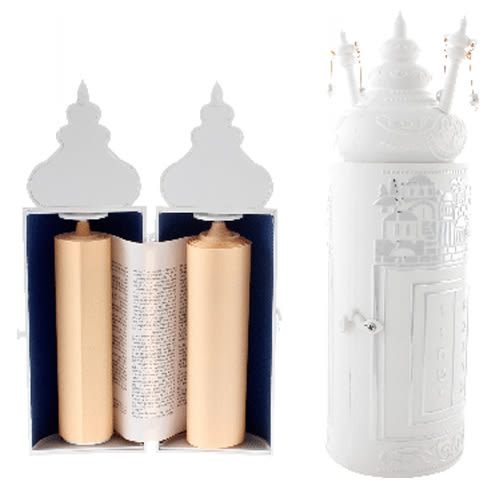
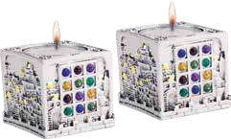
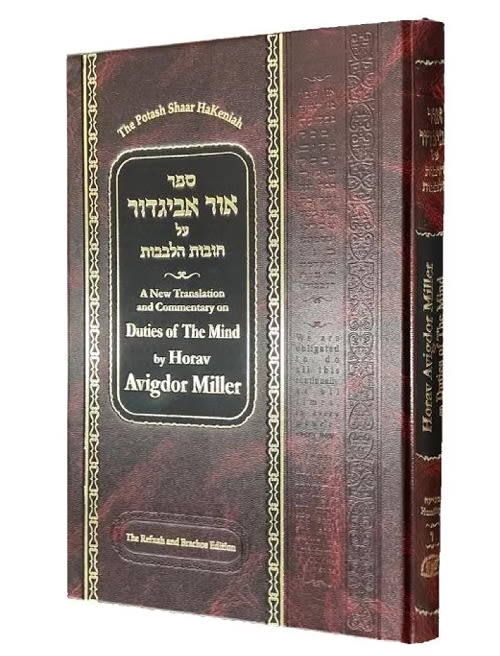


1/06/2023
ב׳ה
I love the Ish Gamzo stories. I love the principal that it teaches. But it is not always applicable as he seemed to imply. I am talking with a friend who recently lost his son. That is not a message that I would like to share with him yet. Maybe many years from now I might ask: “have you found something positive to take from your tragedy.” In this way I hope to be a good student of Reb Ish Gamzo.
12/06/2018
Thank you so much
Enjoyed this article
12/06/2018
Enjoyed this article